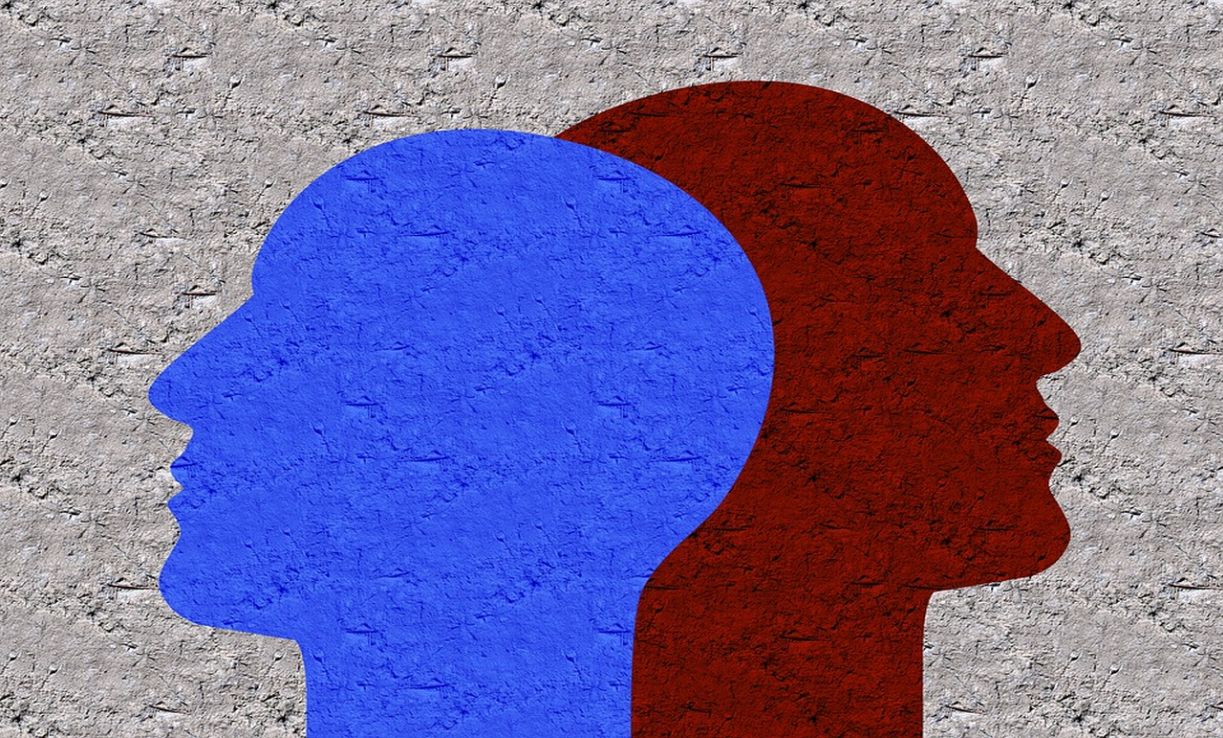Understanding Dissociative Disorders: More Common Than You Think
When discussing mental health, topics like depression often dominate the conversation. Yet, there’s another condition that’s almost as prevalent but not as frequently discussed: dissociative disorders. Recent analyses of international studies indicate that these disorders might impact 10-11% of individuals at some point in their lives, making them almost as widespread as mood disorders like clinical depression.
Unpacking Dissociation
At its core, dissociation is a feeling of detachment. It’s as if someone is disconnected from their memories, emotions, actions, thoughts, and even their very identity. Imagine not recognizing oneself in the mirror or feeling like life is unfolding for someone else. This is the reality for many with dissociative disorders.
Such disorders manifest in various ways. Some individuals grapple with memory issues or feel detached from themselves, their surroundings, or people they know well. Others might experience an internal conflict about their identity or even act as if they’re a completely different person. These symptoms can be fleeting for some, lasting just days or weeks, while for others, they can persist for years or even a lifetime.
The purpose of dissociation is to help individuals compartmentalize and disconnect from traumatic experiences that might otherwise be too overwhelming. For instance, someone grieving the loss of a spouse might become emotionally numb to cope with funeral arrangements. Or a person who has faced multiple traumas might feel so disconnected from their identity that they no longer recognize themselves.
The Root Causes of Dissociation
There’s ongoing debate about the origins of dissociation. Two primary theories exist: the trauma model and the fantasy model.
The trauma model posits that dissociative symptoms stem from various forms of abuse, neglect, attachment issues, or other severe stressors. This perspective is supported by organizations like the World Health Organisation and the American Psychiatric Association. On the other hand, the fantasy model suggests that dissociative disorders aren’t genuine but rather the delusions of suggestible, troubled individuals.
However, extensive research indicates that dissociative disorders are indeed real and more prevalent in countries with higher safety concerns. The evidence overwhelmingly supports the idea that these disorders are caused by trauma, not fantasy.
Challenges in Diagnosis
Despite the prevalence of dissociative disorders, they often go undiagnosed or misdiagnosed. The reasons for this are manifold. Health professionals might lack education about dissociation, or the symptoms might be subtle and hard to observe. Additionally, there’s skepticism about the very existence of the disorder.
Those with the disorder might not even recognize their symptoms. And if they do, they might be hesitant to discuss them due to fear or embarrassment. It’s also worth noting that many with a dissociative disorder have other mental health conditions. As a result, they might receive treatment for issues like anxiety, mood disorders, or post-traumatic stress disorder, but their dissociative disorder remains unaddressed.
Effective Treatment Approaches
Fortunately, there’s hope for those with dissociative disorders. Psychotherapy that acknowledges the physiological and psychological impacts of trauma can significantly improve mental health and quality of life. Through therapy, individuals can develop coping mechanisms for overwhelming emotions and sensations. Once stable, they can begin processing traumatic and dissociated memories, leading to improvements in dissociative, post-traumatic, and depressive symptoms.
It’s essential to note that while there are treatments for the symptoms of dissociative disorders, there’s no specific medication for dissociation itself.
Seeking Assistance
If you or someone you know might be grappling with a dissociative disorder, it’s crucial to seek help. Speaking to a general practitioner and getting a referral to a therapist knowledgeable about trauma and dissociation is a good starting point. In Australia, the Blue Knot Foundation provides a list of such therapists, and globally, the International Society for the Study of Trauma and Dissociation can be a valuable resource.
Remember, while dissociative disorders might not be as widely discussed as other mental health issues, they’re just as real and deserving of attention and care.
Book Your FREE Half Hour Consultation With Release Hypnosis NOW!
You may also like to read:
Breaking Addiction Through Counselling and Hypnosis
The Truth About Hypnotherapy and Smoking Cessation
Facts About Habits That Might Surprise You
What Does That Smoking Habit Want For You








